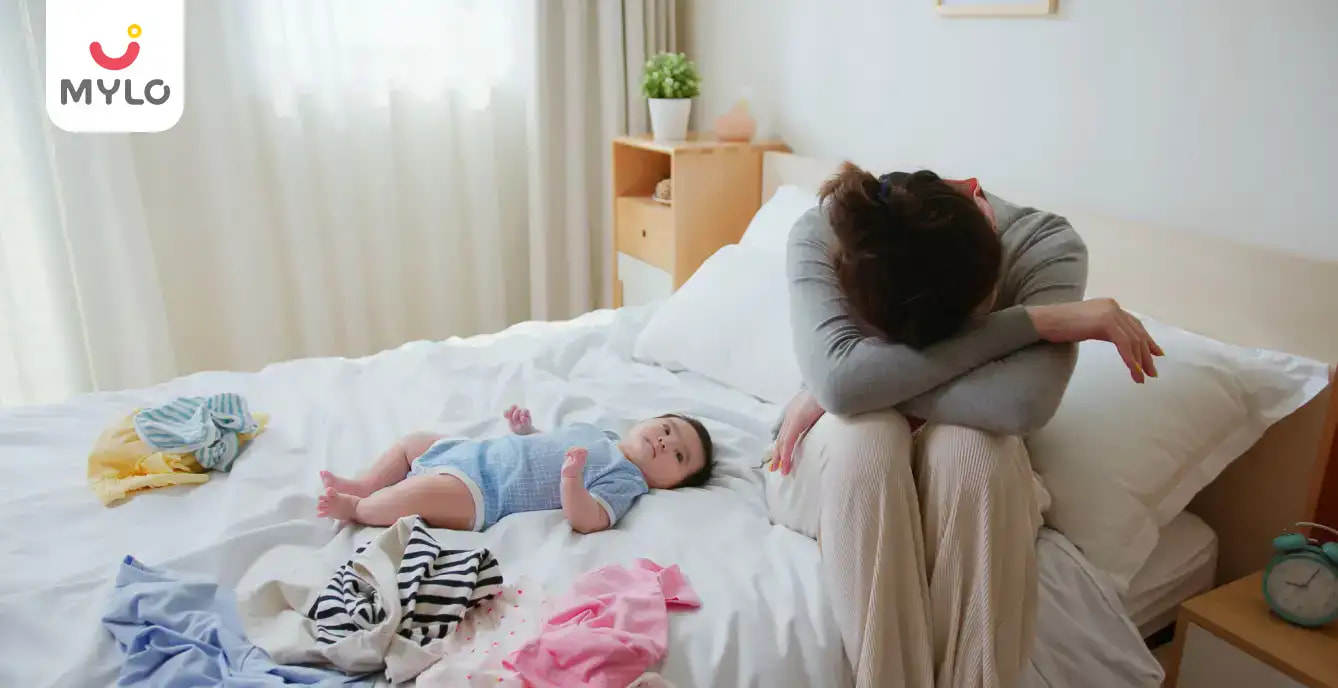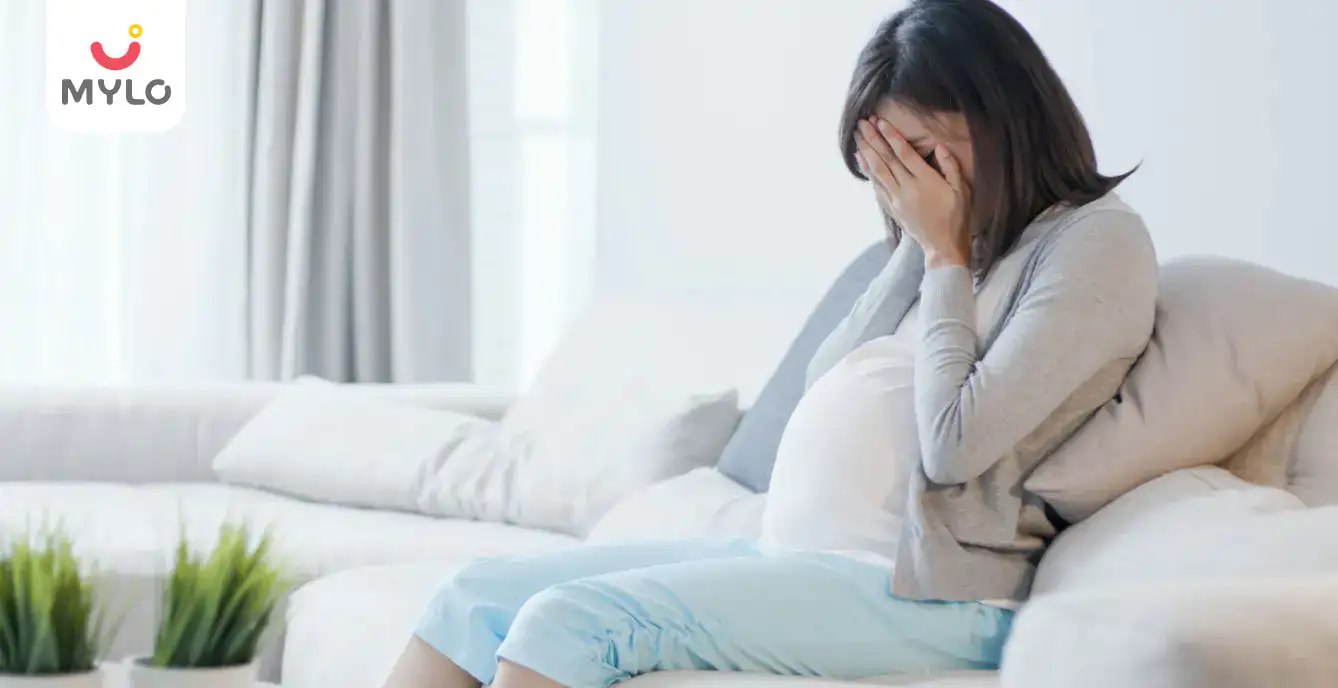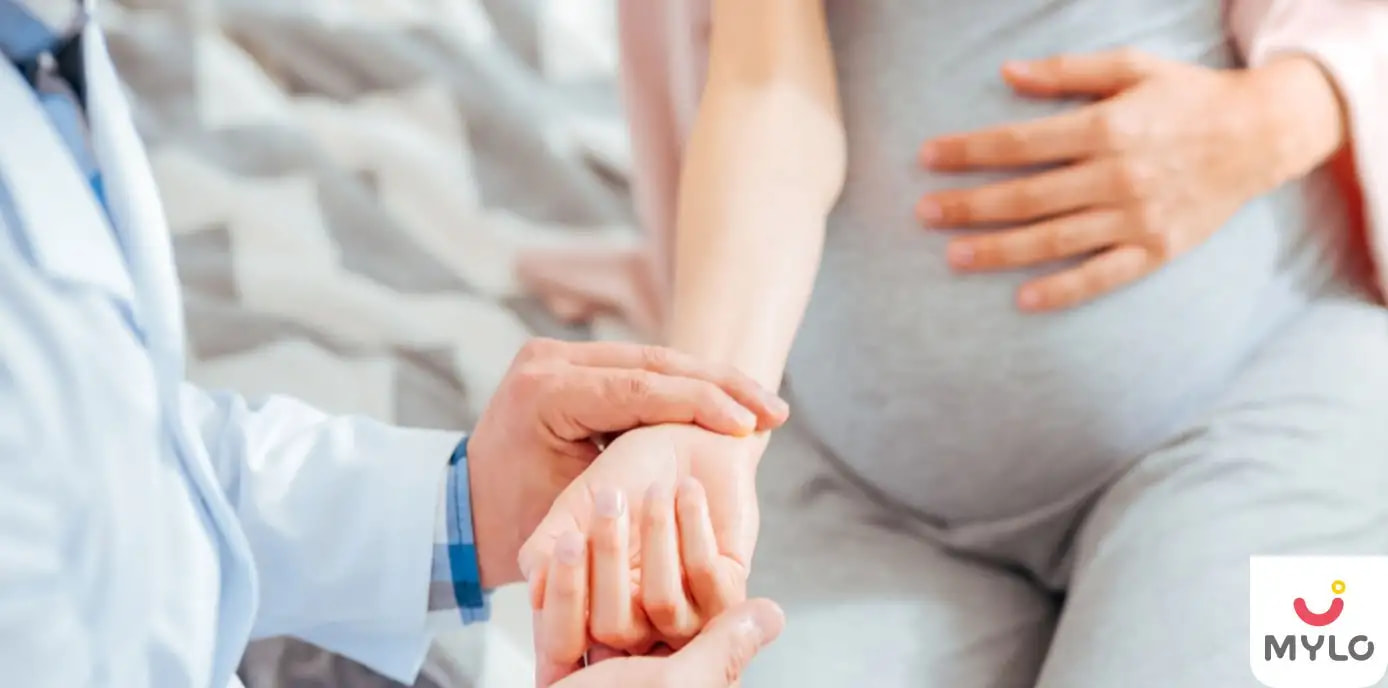Home

Symptoms, Risks and Relief Tips for Postpartum Depression
In this Article
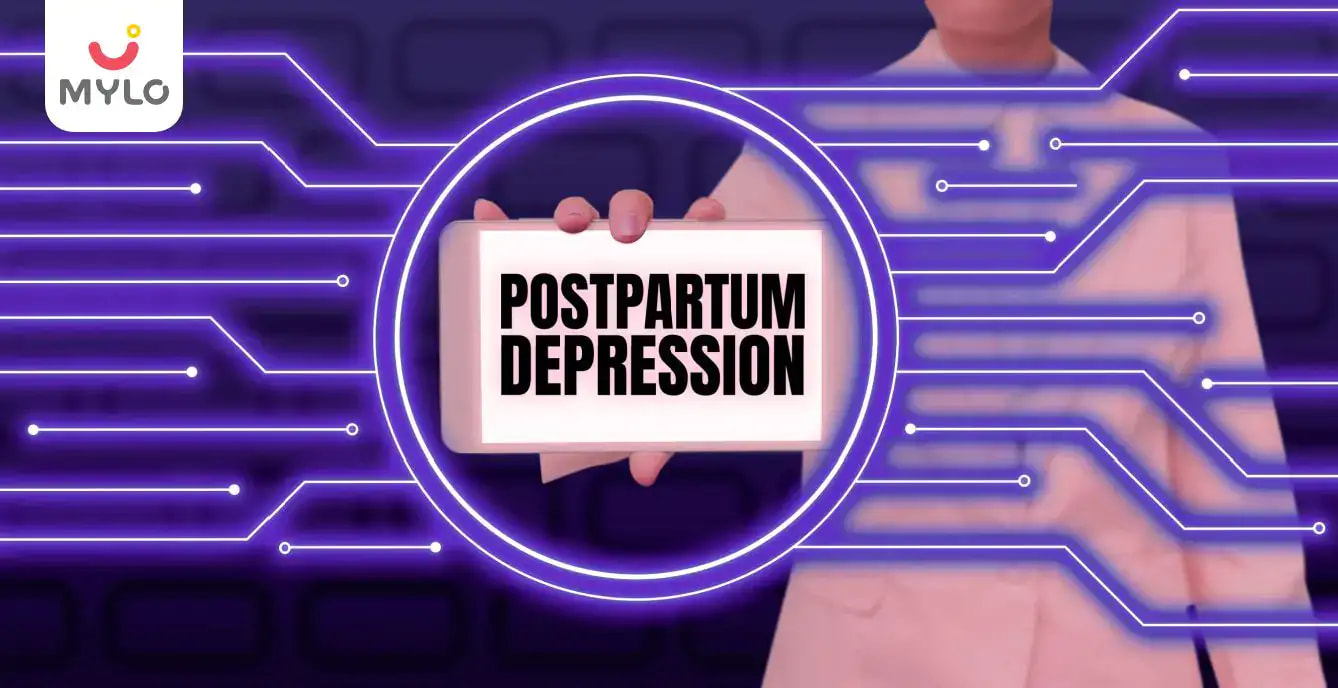
Baby Care
Symptoms, Risks and Relief Tips for Postpartum Depression
Updated on 24 March 2023
Postpartum depression or PPD is a form of major depression, experienced by new mothers. It can onset within a few weeks to a year after delivery. Much more severe than the case of baby blues, PPD is characterized by complex mental, physical and behavioural changes. A case of baby blues would fade away over a period of time on its own, however, PPD requires medical care, in the form of medications and counselling, from a certified mental health therapist.
During pregnancy, a woman experiences elevated levels of the pregnancy hormones – estrogen and progesterone. These drop dramatically within three days from delivery. This drop in the levels of hormones is thought to be responsible for PPD. Experts have not been able to ascertain the actual link between the drop and the development of PPD, but they feel that the social, psychological and chemical changes associated with pregnancy and delivery may be responsible for the development of PPD.
Postpartum Depression Symptoms
PPD is an incapacitating mental health disorder. It affects the behavior, mood, physical appearance, cognitive abilities and psychological self of the one afflicted. Its symptoms are similar to the ones experienced in any form of depression and can include:
- Sudden and drastic change in weight
- Change in appetite
- Disturbed sleep patterns
- Severe mood swings
- Loss of interest in physical relationships
- Excessive fatigue
- Restlessness or constant irritability
- Loss of interest in activities once enjoyed
- Feelings of hopelessness and worthlessness
- Inability to take care of self or child
- Suicidal ideation
Postpartum Depression Risk Factors
In India, PPD affects one in 10 women. In the larger context, each and every mother is at risk of developing PPD, however, they are certain risk factors that make some more susceptible to the development of the disease compared to others.
1. Prenatal anxiety or depression
Women affected by prenatal depression are the ones most vulnerable to developing PPD.
2. History of depression
Women diagnosed with depression prior to conceiving are also at a higher risk of developing PPD.
3. Baby blues
If these do not fade away on their own, it might indicate the onset of PPD.
4. Dissatisfaction in marital life
This has been found to be the strongest predictor of PPD.
5. Insufficient social support
New mothers lacking social support in terms of childcare support or help with infant upbringing may also develop PPD.
6. Stressful events
Recent stressful events, like a difficult or unplanned pregnancy, rough familial ties, single motherhood, low socioeconomic status, trauma, etc.may also lead to PPD.
7. Individual traits
Even personality traits such as low self-esteem, being prone to anxiety, etc. make an individual susceptible to PPD.
Tips for coping with Postpartum Depression
Being a new mother is not easy. It entails taking care of the child, which might mean a lot of sleepless nights, constant breastfeeding, and looking after the baby and one’s needs. Here are a few tips that can help you cope with PPD.
- Do not shy away from asking for help.
- Set realistic expectations from your baby and yourself.
- Take out some me time – go for a walk, exercise, listen to music or read – do whatever soothes your soul.
- If there are bad days, remember there were good ones too. Also remember that it is ok to have a bad day and that each day would eventually pass.
- Eat a healthy diet and avoid caffeine, alcohol, drugs and smoking.
- Do not forget your partner. Spend time with them to foster this new angle in your relationship.
- Avoid isolating yourself – talk to your friends and family and share your difficulties with them.
- Take adequate rest.
- Limit visitors and screen phone calls. Give your baby and yourself time to adjust to your new life.
Untreated postpartum depression can pose serious health risks for the baby and the mother. Therefore, if you or someone you know is afflicted, seek professional help immediately.
To find help for postpartum depression and care, you can check Mylo Postpartum Care Plan that takes care of the new mother's needs and holistic well-being. It can help you with postpartum depression and recovery, increased breast milk secretion, weight loss, improved gut health and constipation relief.



Written by
Ravish Goyal
Official account of Mylo Editor
Read MoreGet baby's diet chart, and growth tips

Related Articles
Related Questions
Hello frnds..still no pain...doctor said head fix nhi hua hai..bt vagina me pain hai aur back pain bhi... anyone having same issues??

Kon kon c chije aisi hai jo pregnancy mei gas acidity jalan karti hain... Koi btayega plz bcz mujhe aksar khane ke baad hi samagh aata hai ki is chij se gas acidity jalan ho gyi hai. Please share your knowledge

I am 13 week pregnancy. Anyone having Storione-xt tablet. It better to have morning or night ???

Hlo to be moms....i hv a query...in my 9.5 wk i feel body joint pain like in ankle, knee, wrist, shoulder, toes....pain intensity is high...i cnt sleep....what should i do pls help....cn i cosult my doc.

Influenza and boostrix injection kisiko laga hai kya 8 month pregnancy me and q lagta hai ye plz reply me

Related Topics
RECENTLY PUBLISHED ARTICLES
our most recent articles
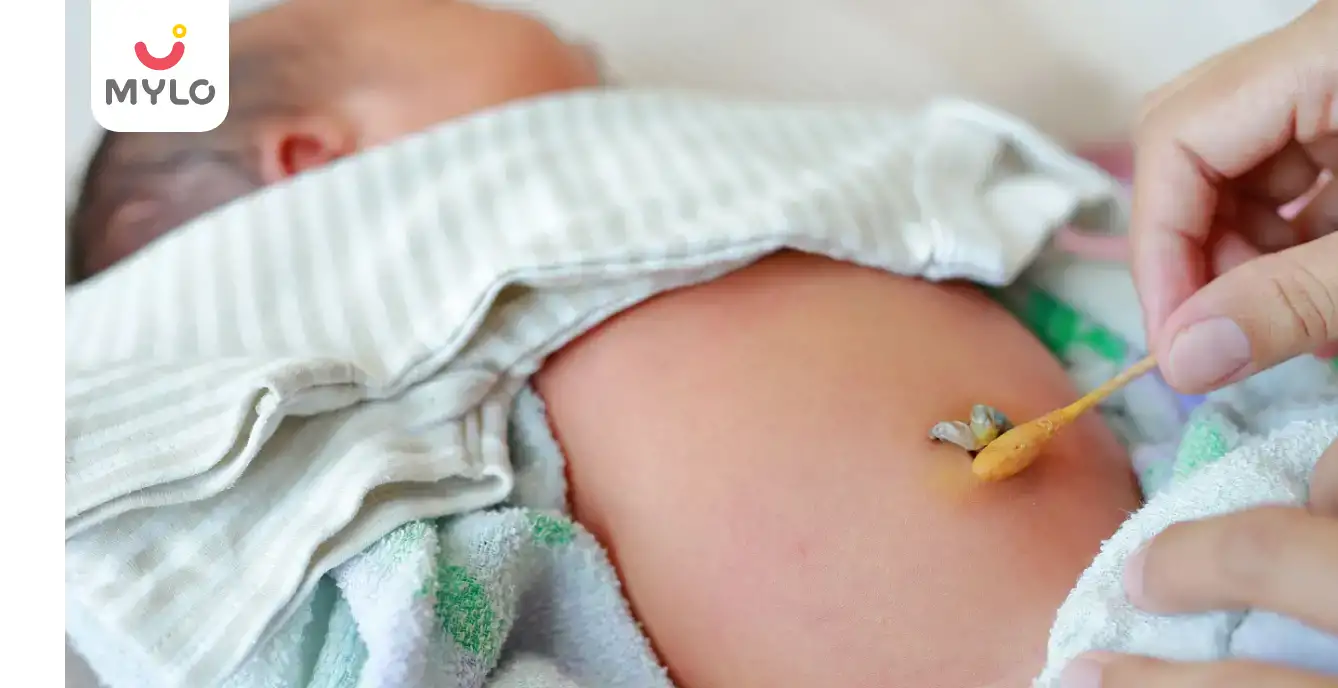
Umbilical Cord
Umbilical Cord: Risks, Benefits & Recovery
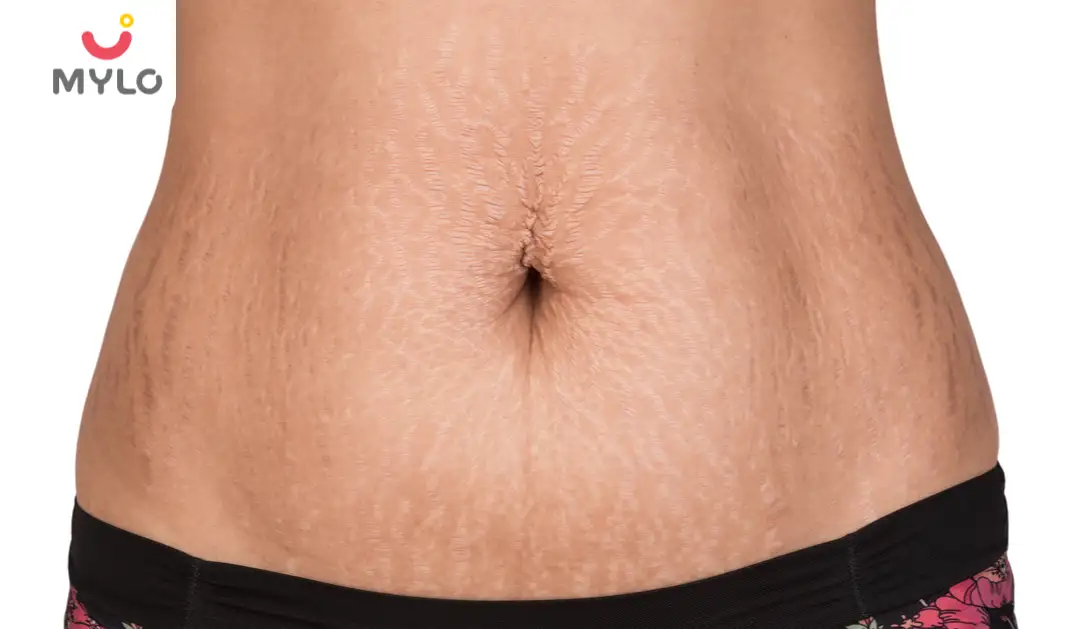
Stretch Marks
Stretch Marks Removal: Tips & Remedies
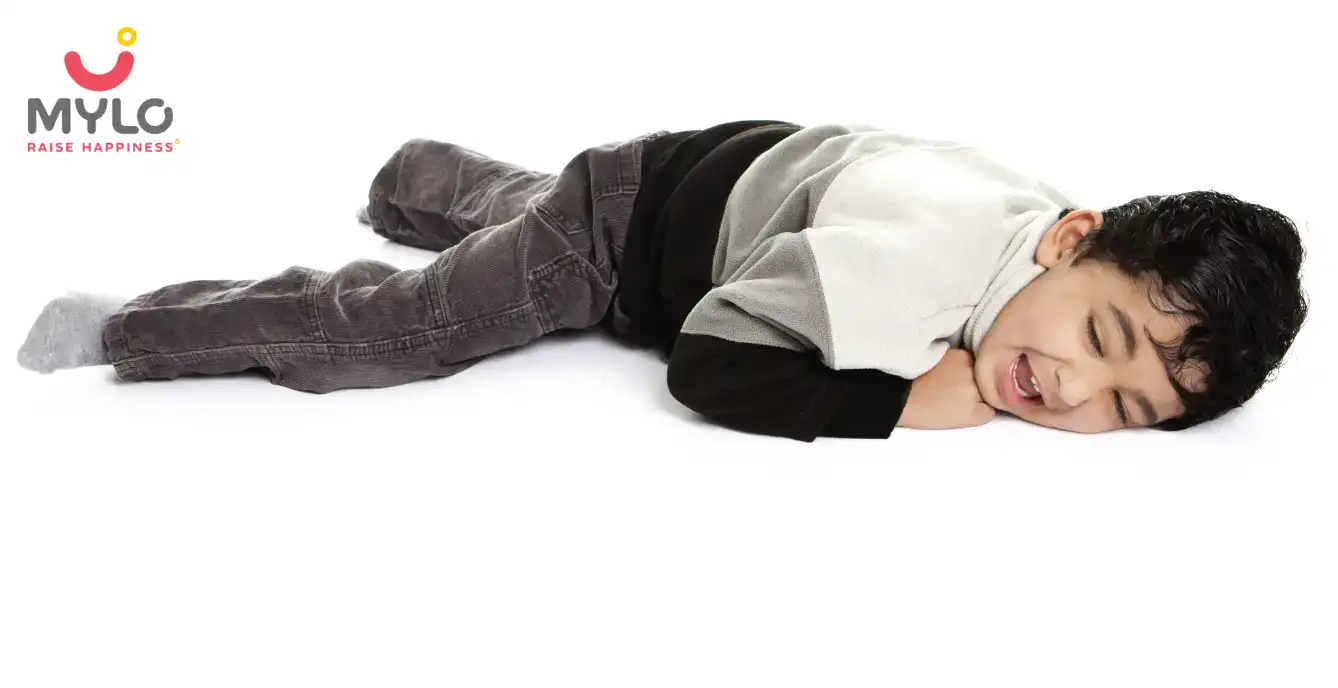
Fussy Baby
How Can Dads Calm A Fussy Toddler

General Father
How to prepare your older child for a new baby
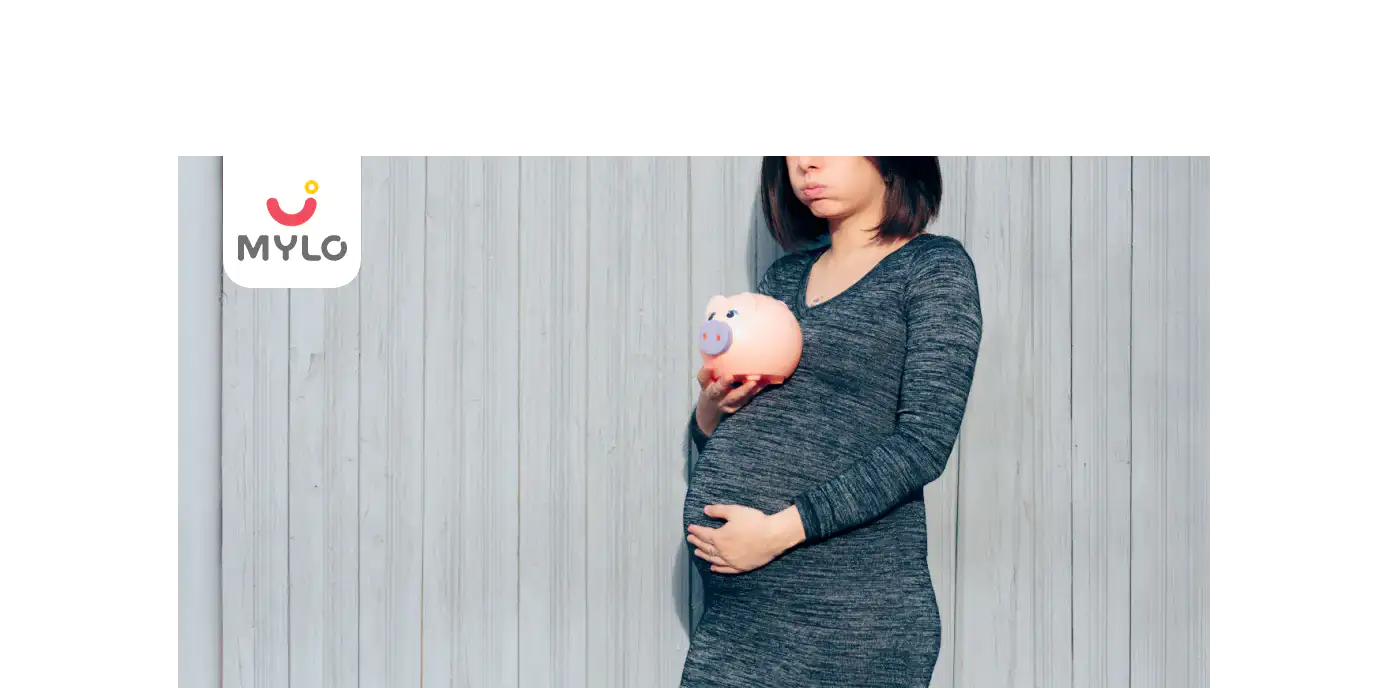
General Father
5 Financial Moves You Must Make Before Your Baby Arrives
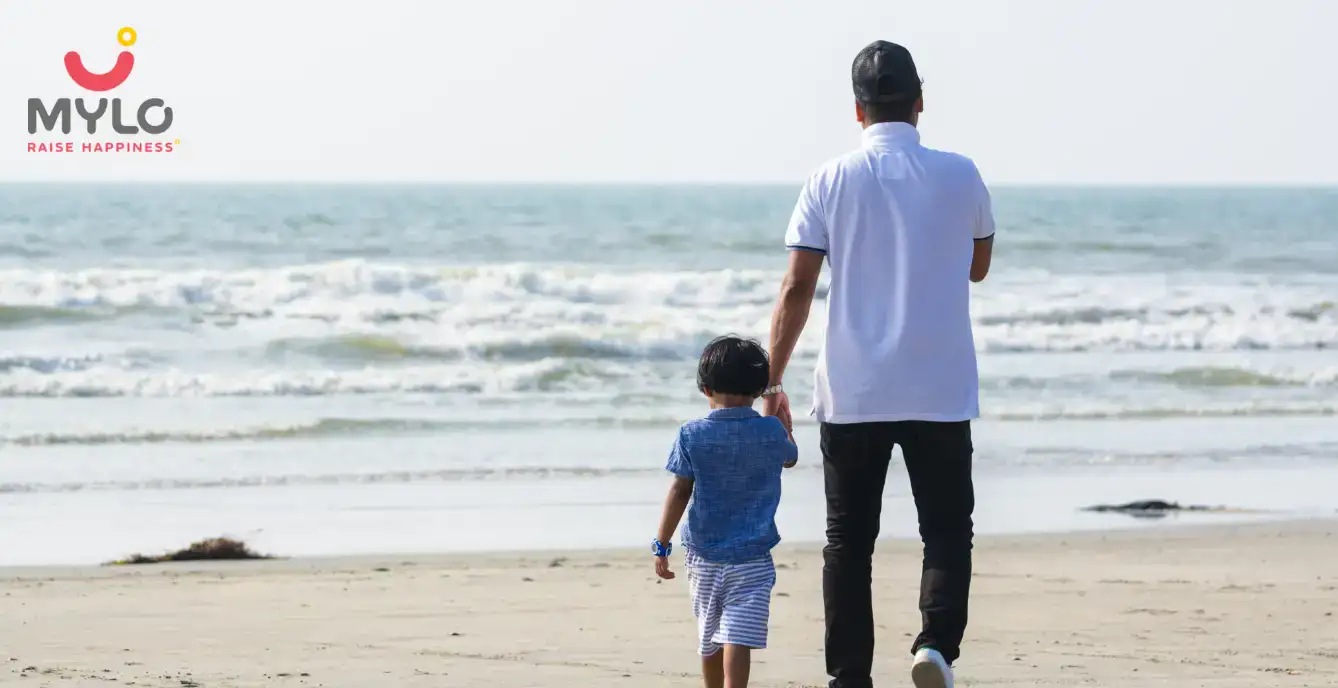
General Father
Daddy-Baby bonding from Pregnancy to Childbirth: Top 7 tips for you
- How to prepare your child for pre-school
- I am pregnant, can I still breastfeed my toddler?
- My toddler has bad breath. what should I do?
- When will my toddler learn how to scribble or draw?
- Can loud volume affect my toddler's ears?
- Running & Jumping Milestones for your toddler
- Activities to keep an active toddler occupied at home
- Girls' growth chart: 24 to 36 months
- What to do if your toddler is overweight?
- Electric toothbrush for Toddlers: Is it safe?
- Teaching good eating habits to your kids
- How to Introduce Books to Your Child?
- This is how you can talk to your child about strangers
- A healthy meal plan for your 2-year-old


AWARDS AND RECOGNITION

Mylo wins Forbes D2C Disruptor award

Mylo wins The Economic Times Promising Brands 2022
AS SEEN IN

- Mylo Care: Effective and science-backed personal care and wellness solutions for a joyful you.
- Mylo Baby: Science-backed, gentle and effective personal care & hygiene range for your little one.
- Mylo Community: Trusted and empathetic community of 10mn+ parents and experts.
Product Categories
Baby Carrier | Baby Soap | Baby Wipes | Stretch Marks Cream | Baby Cream | Baby Shampoo | Baby Massage Oil | Baby Hair Oil | Stretch Marks Oil | Baby Body Wash | Baby Powder | Baby Lotion | Diaper Rash Cream | Newborn Diapers | Teether | Baby Kajal | Baby Diapers Pants | Cloth Diapers | Laundry Detergent | Lactation Granules |




